The space-sized man - Russian genius Lomonosov
He was also known as the "Russian Leonardo da Vinci" and the "Universal Man." He achieved great success in a wide range of fields, including natural sciences, literature, and education, and built the foundation for the development of academic studies in Russia.
This year marks the 310th anniversary of the birth of Mikhail Lomonosov. To mark this memorable year, the Soka University Russia Center, in collaboration with M.V. Lomonosov Moscow State University and with the support of the Russky Mir Foundation, has decided to host an online exhibition introducing the great Russian scholar, poet and man of letters, Mikhail Lomonosov.
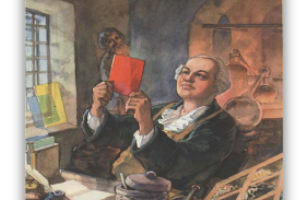
Life and Chronology of Lomonosov
Mikhail Lomonosov was born on November 19, 1711. The early 18th century was a time of great change in Russia, when Peter the Great was pushing ahead with almost universal social reforms. It was a time of rapid development of industry, exploitation of natural resources, construction of a new capital, creation of a fleet, introduction of a new calendar (New Year's Day fell on January 1), the first newspapers, the first museums, the establishment of educational institutions for the general public, and even the founding of the Academy of Sciences, which left a major mark on Russian history.
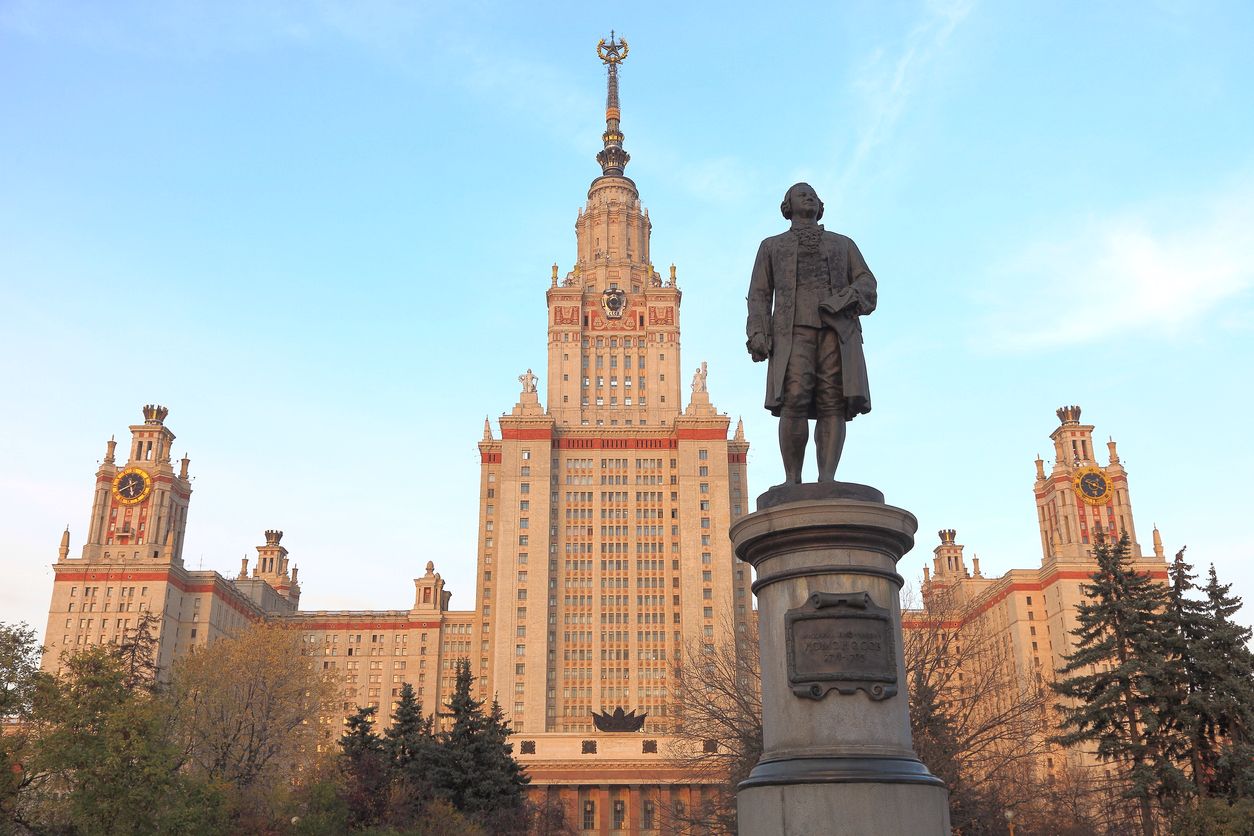
Lomonosov's achievements in the field of education
The early 18th century, when Lomonosov was born, was a time of rapid change. It was a time when Peter the Great was carrying out a series of domestic reforms modeled on Western countries, and was trying to make Russia a powerful nation. Peter understood that scientific thinking, education, and culture were important for the development of the country, and with the enthusiastic recommendation of the great German philosopher Leibniz, he decided to invite outstanding scholars from abroad to St. Petersburg and establish the Academy of Sciences as a center of academic research and education. If we imported Western science, technology, and culture, they would take root in Russian soil and eventually blossom independently under the hands of the Russian people themselves. He thought that if we could develop Russia's vast natural resources and cultivate talented people among the Russian people, we could grow into a great power that would surpass Western countries.
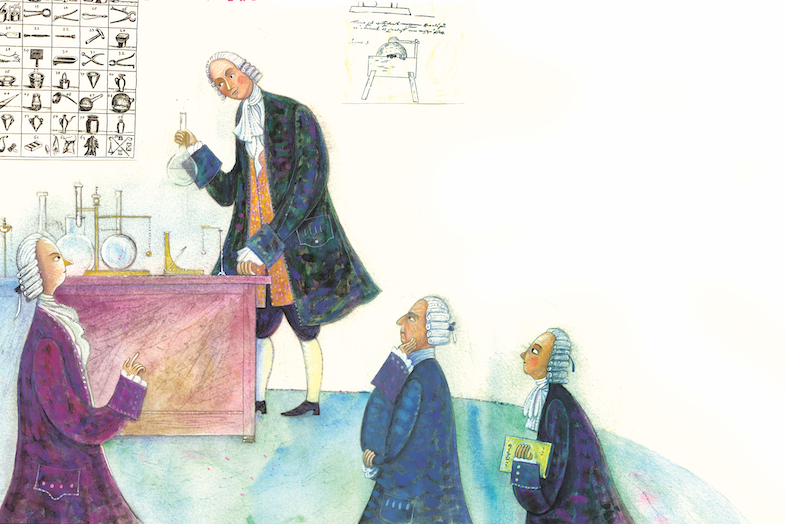
Lomonosov's Achievements: Natural Sciences
The early 18th century, when Lomonosov was born, was a time of rapid change. It was a time when Peter the Great was implementing a series of domestic reforms modelled on Western countries, and was trying to make Russia a powerful nation. Peter understood that scientific thinking, education and culture were important for the development of the country, and with the enthusiastic urging of the great German philosopher Leibniz, he decided to invite outstanding scholars from abroad to St. Petersburg and establish the Academy of Sciences as a center for academic research and education. If Western science, technology and culture were imported, they would take root in Russian soil and eventually blossom uniquely under the hands of the Russian people themselves. He thought that if Russia could develop its vast natural resources and nurture talented people from among its people, it would grow into a great power that would surpass the Western countries.
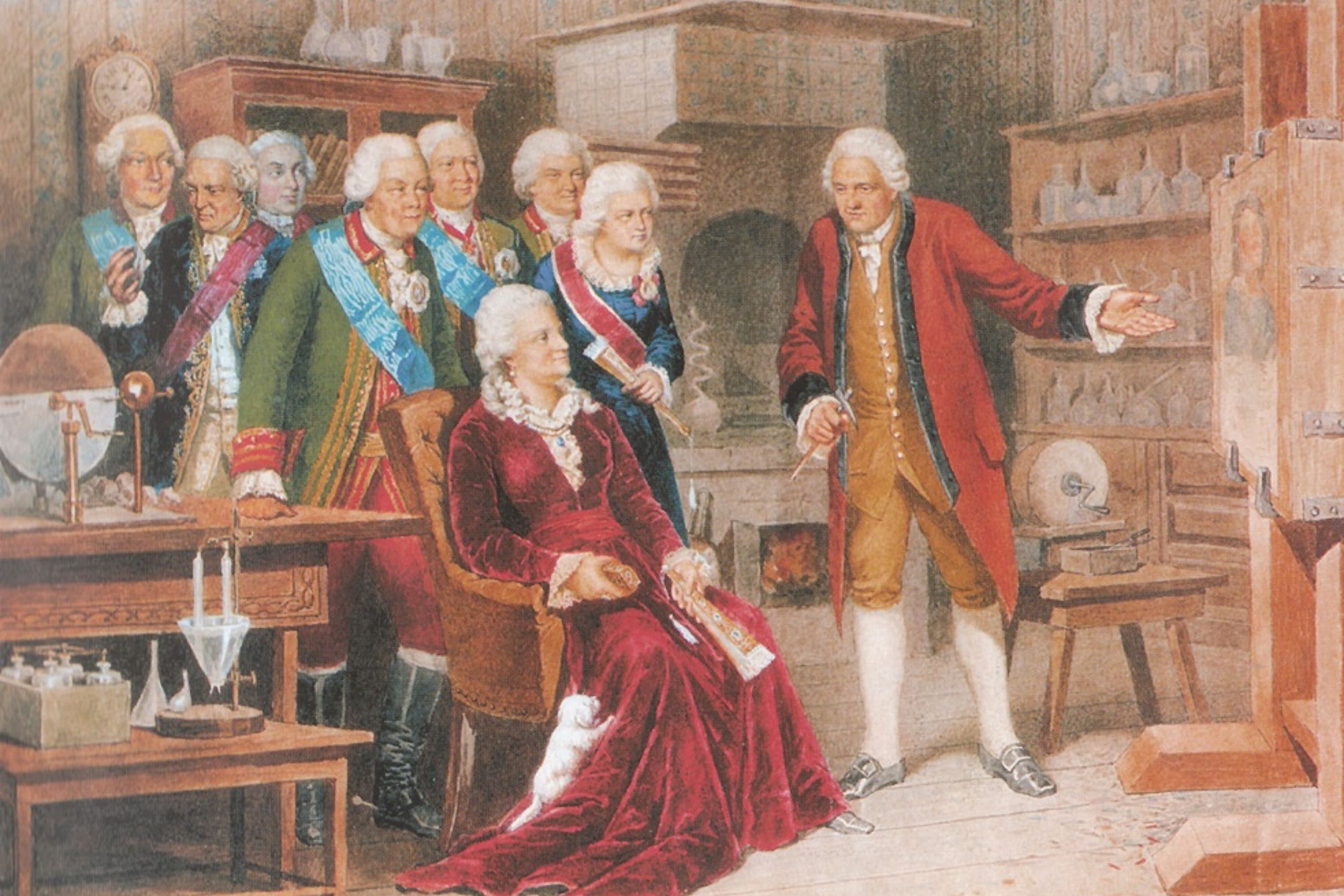
Lomonosov's work: mosaics
Mosaic is a decorative art technique in which small pieces of stone, shells, glass, etc. of various colors are glued together to create figures and patterns. In Russia and other regions that inherited the traditions of the Orthodox Church from Byzantium, this mosaic technique has been used since ancient times to decorate palaces and churches. However, when Kiev, which was the center of mosaic painting at the time, fell into decline and the technique of fresco painting became widespread, the technique was completely lost in Russia.
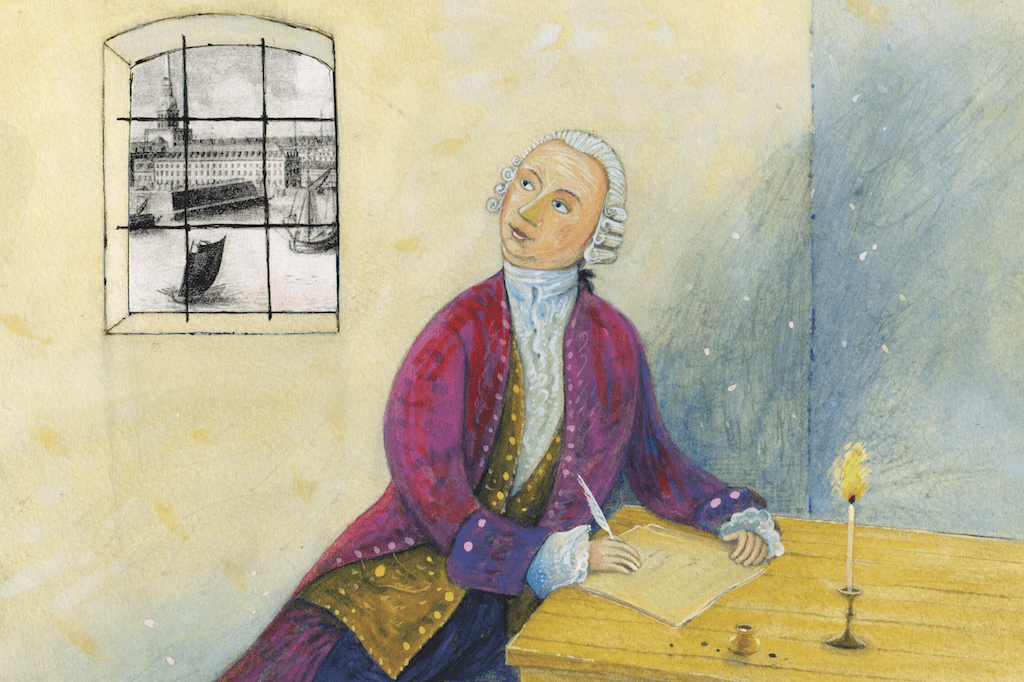
Lomonosov's achievements: poetry
Thinking of God's greatness at night in front of the great aurora
During the day he hides his face
The dark night covered the fields.
A dark darkness rises over the mountains
The light faded and left us
Then countless stars appeared all over the place.
Countless stars floating in a bottomless abyss.
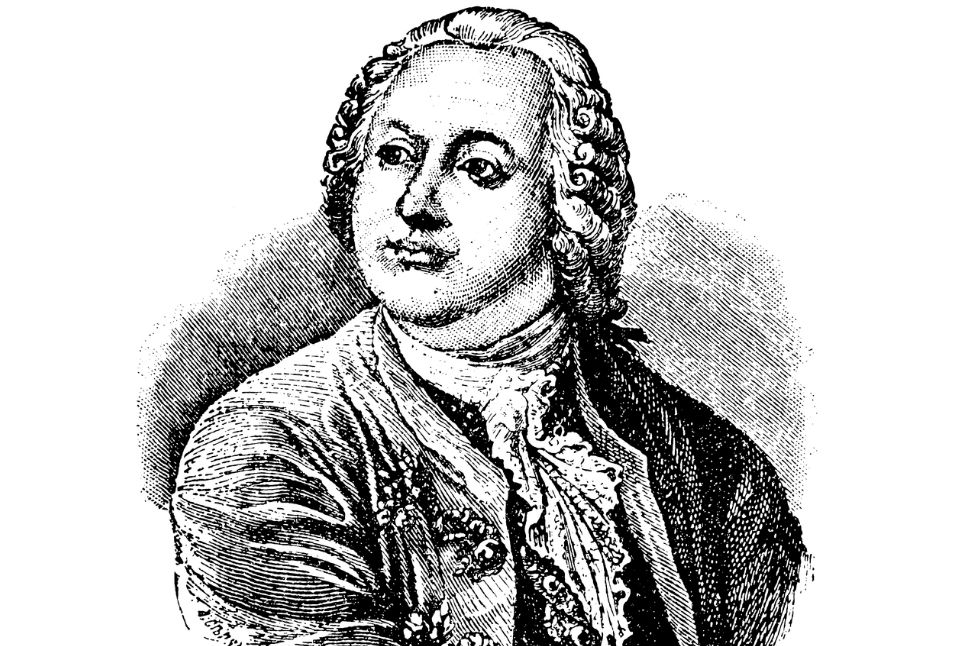
Lomonosov's proverbs
1. A dwarf is small even if he stands on the top of a mountain, and a giant is big even if he falls into a pit.
2. Persistent effort will help you overcome difficulties.
3. A flatterer has honey on his tongue and poison in his heart.
4. If you do good things with hard work, the hard work will pass, but the good will remain. If you do evil things with ease, the good will pass, but the evil will remain.
5. It's easy to point out mistakes. The
act of a superior person is to give something better.
6. Oh, Hope for Us
The cage of infinite darkness
Opening up!
No rules, no prohibitions
Wisdom will build a temple in that land!
And ignorance fades.
("Dedicated to the Coronation of Empress Elizabeth
(Ode to the Lord, No. 19, 1747)
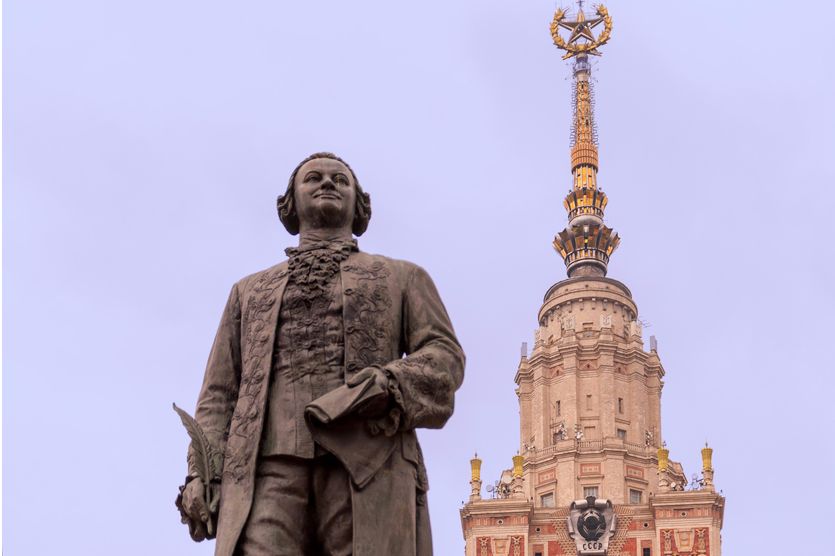
in conclusion
We are extremely grateful M.V. Lomonosov Moscow State University and the Kunstkamera (Peter the Great Museum of Anthropology and Ethnography, Russian Academy of Sciences) for their generous support in organizing this exhibition, including the provision of valuable exhibition data. We are also extremely grateful for the kind permission given to use the materials from the lecture "Lomonosov - A Man of the Universe" given by M.V. Lomonosov Moscow State University President Sadovnitsy when he visited our university in 2015. We would also like to express our gratitude to the Russky Mir Foundation for their ongoing support of the operation of the Soka University Russia Center and their support for this exhibition.
We hope that this exhibition will be an opportunity to learn more about our neighboring country, Russia.
Ryuichi Asayama, Director












